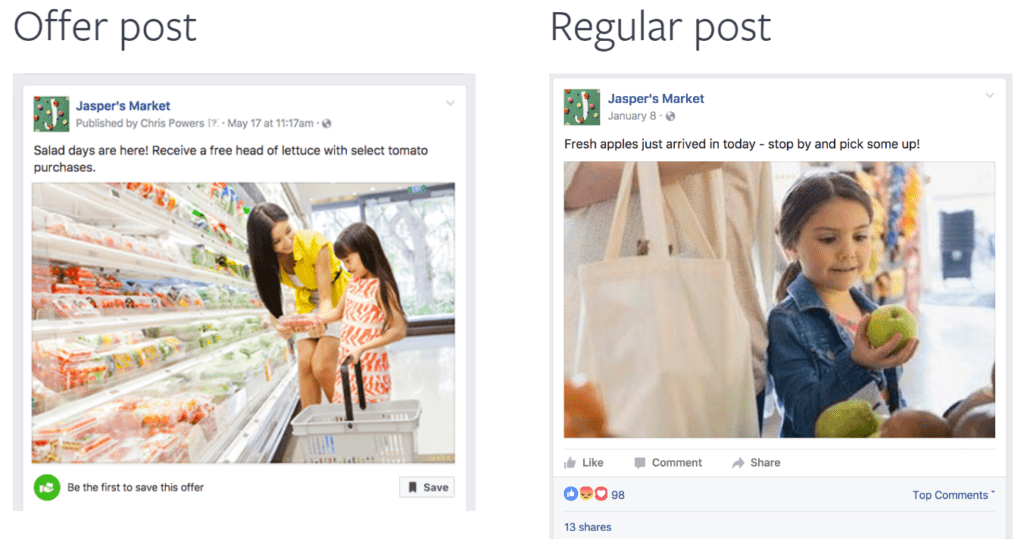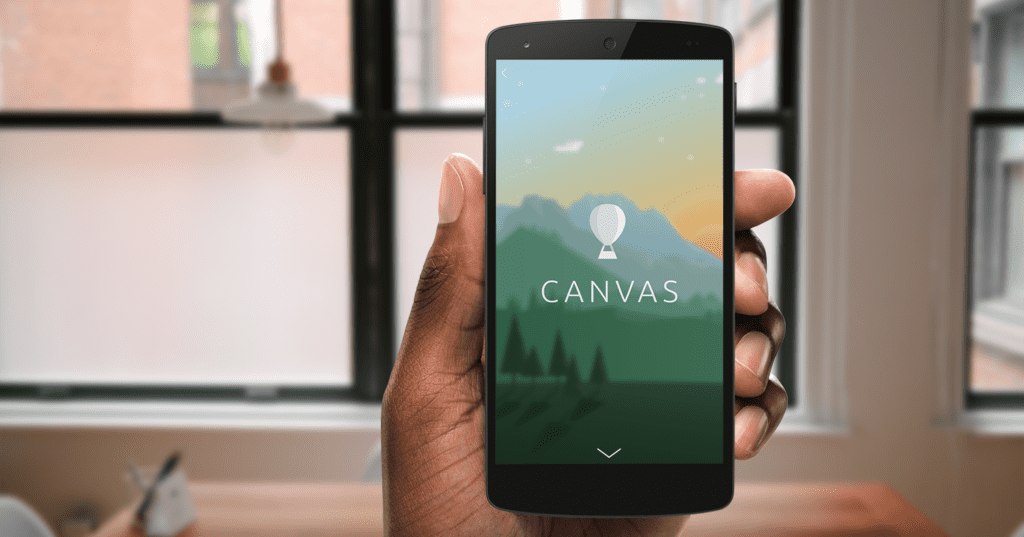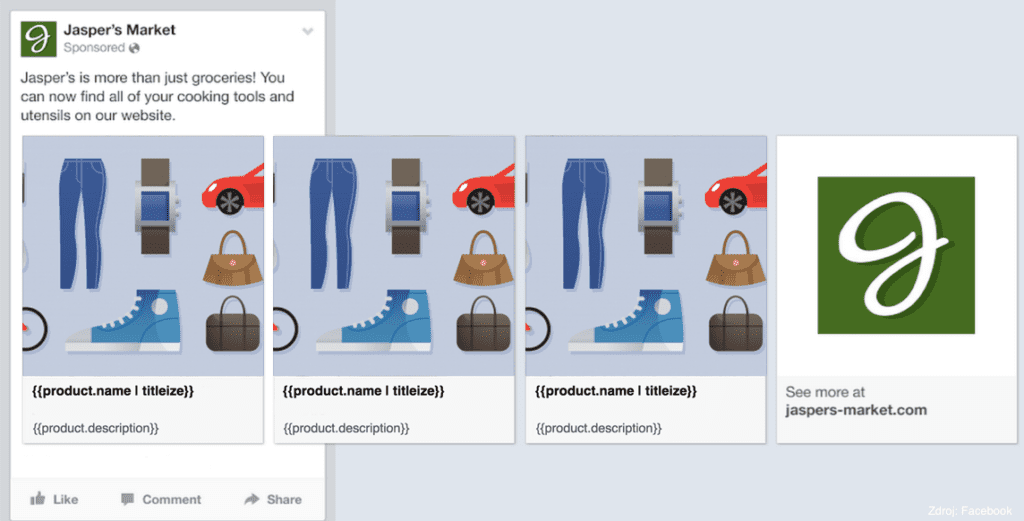
This week I spent a great deal of time learning about Facebook ads through Facebook’s Blueprint. I was surprised at the number of features that I hadn’t heard about before and thought I’d share what I think to be the most powerful ones.
This post is mainly for those with beginner or intermediate knowledge of Facebook ads. However, even if you’ve been running Facebook ads for a while, it might be good to take another look. A lot has changed in the last year.
Without further ado, here are the top four Facebook ad functions that you should capitalize on today.
Offer Ads
Offer ads are superior to traditional Facebook ads in three main ways.
- First, Offer ads vary slightly in appearance when compared to traditional Facebook ads, which makes them stand out more to viewers.
- Users can save offers and come back to them later.
- Once someone clicks on an Offer ad, Facebook automatically begins sending them notifications regarding the offer, keeping it top-of-mind.
Offer ads don’t have to be redeemed online either. You can use them to distribute coupons for your brick-and-mortar business as well.

Canvas
Facebook Canvas is very similar to a landing page. It’s a full-screen experience that appears after the user has clicked on an ad, and it’s fully interactive.

This mobile-friendly landing page substitute intrigues users, and gives you a chance to advertise in a creative way before they proceed to your store.
Check out this tutorial for creating great Facebook Canvas, by our friends at AdEspresso.
Messenger as an Ad Destination
Ever thought of Messenger as an ad destination? Maybe these stats will convince you.

Messenger, whether automated or managed manually, can be a fantastic way to create a more personalized experience for the customer. Using Messenger instead of a landing page means that:
- Users don’t have to leave the platform to have their questions answered.
- You don’t need email addresses or phone numbers to generate leads; you’ve already got them within Messenger!
- Filling out a form within Messenger is much simpler than on a typical landing page, which is increasingly important in our mobile-driven world.
Dynamic Ads
Dynamic ads make your job very easy. All you have to do is upload your product catalog and set up an initial campaign, then Facebook does the rest.
With dynamic ads, Facebook will automatically promote your products to people who have expressed interest in your product, or similar ones. As you update your pricing and availability, so will Facebook.
You no longer have to worry about setting up different audiences for different products; Facebook will do all of that for you. As usual, Facebook’s algorithm is always learning and improving, so your dynamic ads will only become more effective over time.

That’s All, Folks!
Hopefully, I’ve broadened your concept of Facebook ads beyond the point of single photos and carousels. If you’ve got experience with the tools I’ve listed, how have they worked out for you? Comment below to give other readers some perspective.
See you next week.

